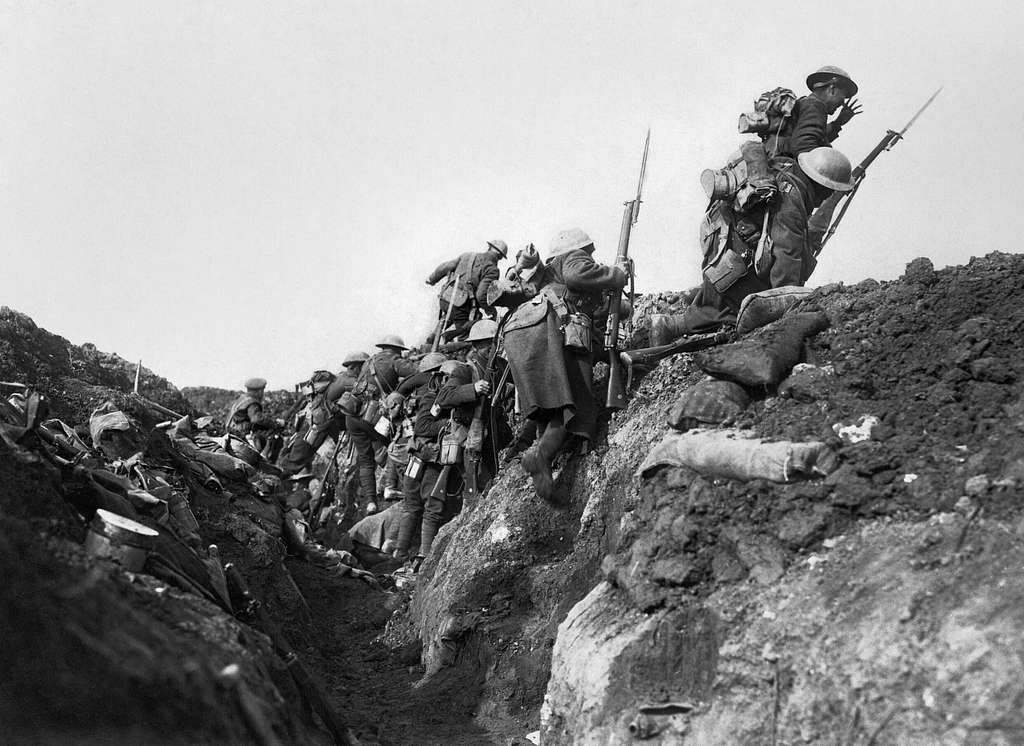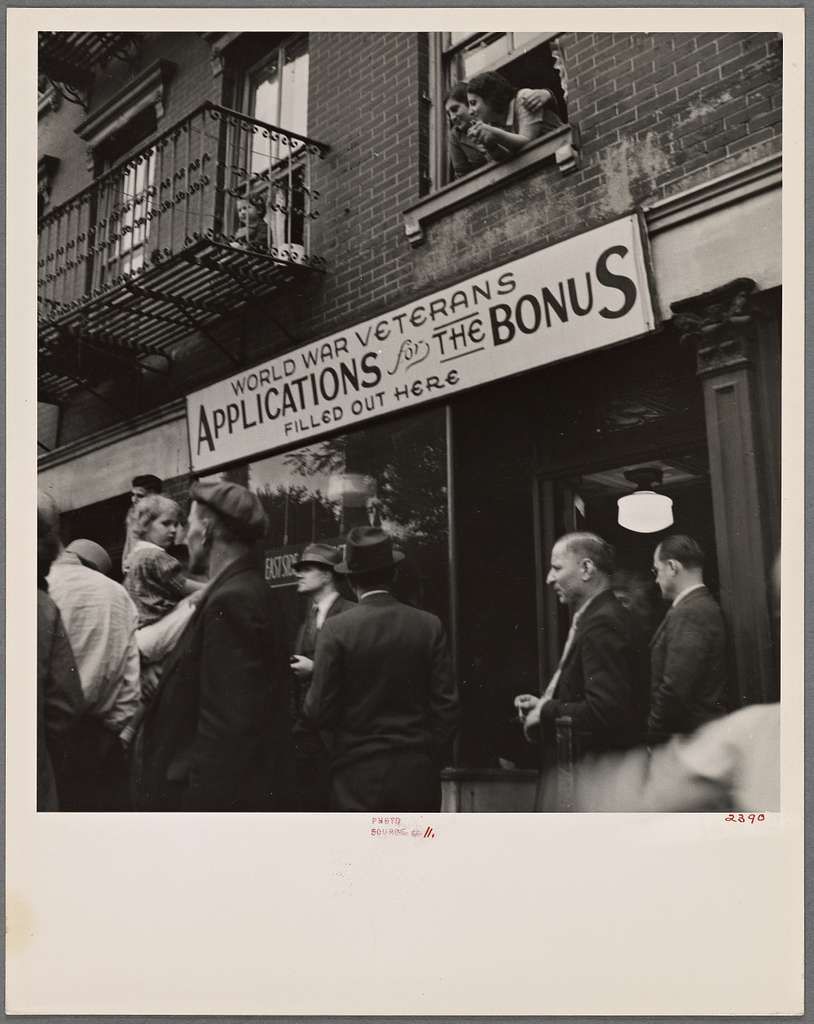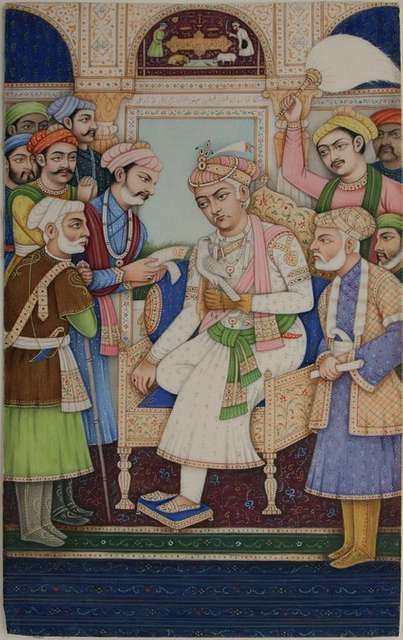The Ancient Olympic Games: A Celebration of Athleticism and Culture

The Ancient Olympic Games hold a significant place in history as one of the oldest and most celebrated sporting events. They were first held in 776 BCE in Olympia, Greece, and continued for almost 12 centuries until they were banned in 393 CE by the Roman Emperor Theodosius I, who sought to suppress pagan festivals. These games were deeply rooted in Greek religion and culture, honoring Zeus, the chief god of the Greek pantheon.
Origins and Purpose
The Olympic Games were originally part of a religious festival dedicated to Zeus. According to legend, the games were established by Heracles (Hercules), the son of Zeus, after completing one of his twelve labors. The purpose of the games was not only athletic competition but also to celebrate physical prowess, religious devotion, and a sense of unity among the often-warring Greek city-states.
The participants were exclusively male Greek citizens, and the games were held every four years, a period known as an Olympiad. This event marked a time of truce during which all conflicts and wars between participating states would cease, allowing athletes and spectators to travel safely to Olympia.
Events in the Ancient Olympics
Initially, the Ancient Olympics began with only one event, the “stadion” race, a footrace of about 192 meters.
Wrestling (Pale): A test of strength and technique.
Pankration: A brutal mix of wrestling and boxing with very few rules.
Chariot racing: A fast-paced, dangerous competition involving horse-drawn chariots.
Pentathlon: A five-event contest including running, long jump, javelin, discus, and wrestling.
Boxing: A test of endurance and skill, often without weight classes.
Athletes competed nude, symbolizing their dedication to the gods and promoting equality by removing any signs of wealth or status. Victors received olive wreaths (kotinos) as prizes, representing honor and glory. Unlike modern Olympics, no silver or bronze medals were awarded—only the victor was celebrated.
Cultural and Religious Importance
The Ancient Olympic Games were not just about sports; they were a cultural phenomenon. Poets, sculptors, and artists often showcased their work at the games, and the event attracted thousands of spectators from all over the Greek world. Religious rituals, such as sacrifices and offerings to the gods, were integral to the celebrations.
The games emphasized the ideal of arete—excellence in mind and body. The Greeks believed that athletic ability was a reflection of personal virtue, and victory at the games was considered one of the highest honors a man could achieve.
Decline and End of the Games
The significance of the Ancient Olympic Games began to decline during the Roman occupation of Greece. As the Roman Empire grew, the games became more commercialized, and the original religious elements were diminished. The final blow came when Emperor Theodosius I outlawed the games in 393 CE as part of his effort to promote Christianity and end pagan practices.
Legacy
Though the Ancient Olympic Games ended in the 4th century, their legacy lives on. The modern Olympic Games, revived in 1896, were inspired by the spirit of the ancient games, with their emphasis on international unity, sportsmanship, and the pursuit of excellence. The ancient games remain a symbol of the enduring human spirit and the timeless quest for greatness in both body and mind.
In conclusion, the Ancient Olympic Games were much more than athletic contests. They represented a harmonious blend of sport, religion, culture, and politics in ancient Greece. Their influence endures today, reminding us of the rich heritage and the universal ideals they once embodied.








